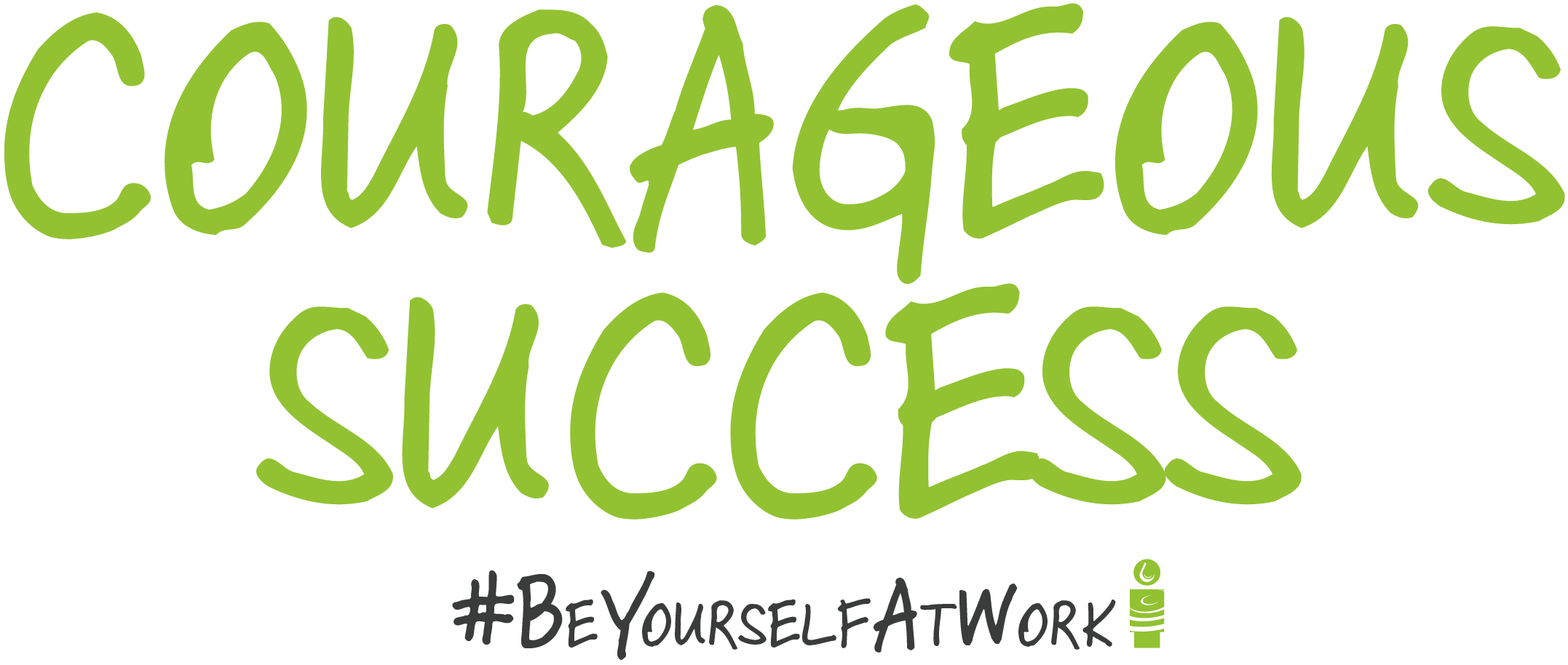I LOVE this Calvin Coolidge quote from the film “The Founder”, about the power of persistence.
In our work we consistently see the link between people being themselves, managing their reactions, not making everything about them, and their ability to not only be brave, but also not give up. #beyourselfatwork.
Liz in our UK team, found this brilliant example of what it takes, in an article published by Management Today. I wanted to include it in this week’s blog because I know that many of you want to know how to get better results and be happier. I hope it inspires and gives you the nudge to play more with being yourself at work.
When industry outsiders Debbie Williamson and Brian Harrison founded furniture retailer Swoon in 2012, they saw a clear opportunity. A business model reminiscent of ‘fast fashion’, powered by data analytics, lean inventory and a rapid design cycle, would enable them to sell artisanal products for the home at affordable prices.
While being an outsider has its advantages (you can see the wood for the trees), it can also bring its own problems (you don’t know which forest you’re in). The founders knew most of the suppliers they wanted were outside the UK but, as Williamson explains, with no industry contacts they didn’t know where to look.
“I started with shipping records to try and figure out where the suppliers were. You can’t look at the UK data, but the US shipping records are searchable, so I backtracked some retailers to work out at least the regions where furniture is made, looking at chambers of commerce in different countries.
I narrowed it down to India to begin with, but the best suppliers don’t have websites there, so I booked a flight to Delhi. I literally stood by the toilet on the plane for four hours, as I thought someone had to have a contact. Eventually I got a lead for someone who lived in Jaipur.
You really have to be a detective. After two weeks of hanging out in a cafe chatting to people all day, I’d met 20 suppliers, and I still work with the last one I met on that first trip. I’ve now met with 500 manufacturers in total, though we only work with 37.”
